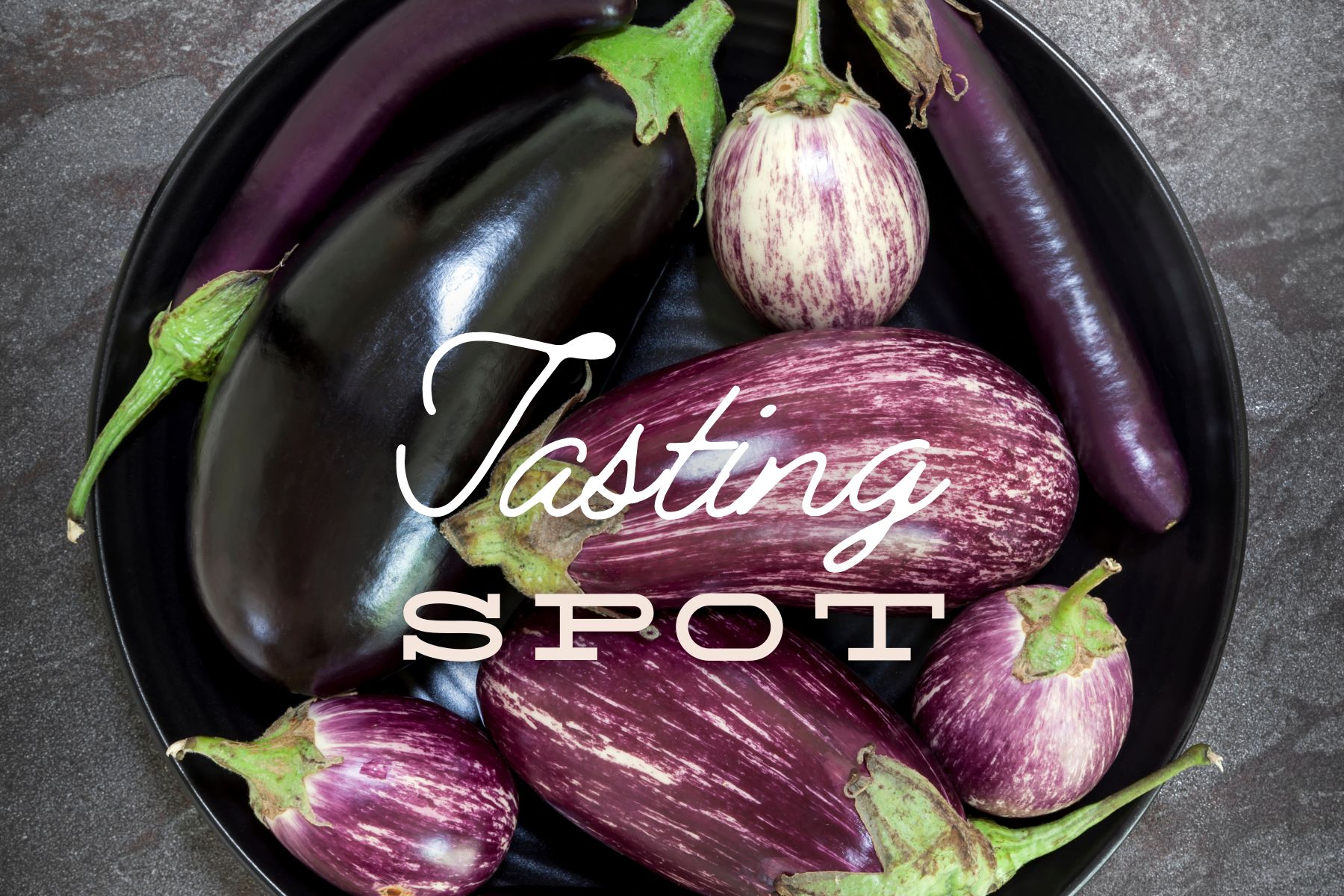
Tasting Spot: Exploring the nightshade family of fruit and vegetables
Story by Aja Goare
Some of the greatest edible pleasures in life come with inherent risks — certain mushrooms, undercooked meat and large amounts of tonic can be toxic or even deadly. One family of fruits and vegetables — nightshades — contain a naturally occurring chemical that can produce uncomfortable side effects when consumed in large volumes.
Nightshades include tomatoes, eggplants, potatoes and peppers. Tobacco is also in the nightshade family. This plant type is unique because it contains small amounts of alkaloids, which are an organic compound that contains nitrogen and affects the human body. The specific alkaloid in nightshades is solanine, which acts as a natural insecticide while the plant grows. The tomato vine, leaves and stem contain a much higher amount of the chemical than the fruit, which is why you won’t find any salad recipes using tomato leaves. Unripe tomatoes and, in contrast, potatoes that are far past their prime also contain elevated solanine levels.
A 150-pound person would need to consume at least 136 milligrams of the substance, experts say, to become ill. For reference, an eggplant contains about 11 milligrams of solanine. So, are they a pressing threat? Probably not. But the risky nature of the, well, nature is a curious concept to consider.
Now for the fun part — the benefits. These various nightshades contain their own set of valuable nutrients. In tomatoes, the antioxidant lycopene has been found to reduce the risk of certain types of cancer and heart disease. A single bell pepper contains the total recommended daily amount of vitamin C. And anthocyanin, which gives eggplant its rich purple hue, is an antioxidant that may reduce the risks of developing diabetes, cancer and other infections.
Wondering if nightshades are friend or foe? Dieticians suggest cutting them out and gradually introducing the plant to the dinner plate to see if any noticeable changes occur.

